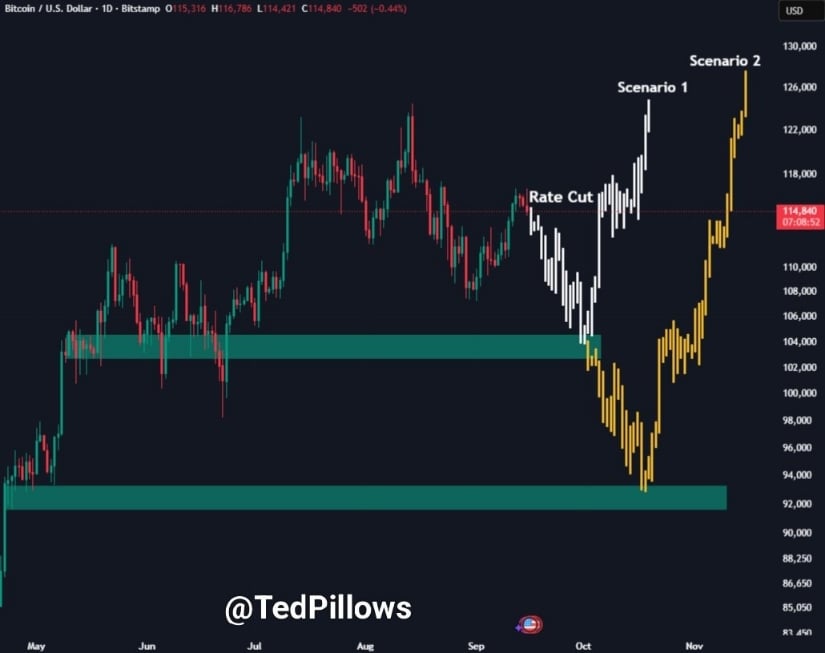UNDP to Launch Government Blockchain Academy in 2025
UNDP to launch Government Blockchain Academy in 2025, offering tech training to public institutions for transparent and inclusive governance.
The United Nations Development Programme (UNDP) is preparing to launch the Government Blockchain Academy in 2025. The intended new initiative will assist the public sector in improving its knowledge and use of blockchain, cryptocurrency, artificial intelligence, and other new technologies. The academy is going to be established in collaboration with a nonprofit organization, Exponential Science Foundation, that deals with the digital innovation.
UNDP Pushes Digital Governance with New Blockchain Program
The academy will offer practical tools and specialized education to the public institutions, according to UNDP. It seeks to steer governments through the application of frontier technologies in dealing with entire development problems. The academy will also have a linking role between the academy and the real-world application by supporting early education until the application.
The program will be developed based on five basic areas of focus. These are the Inclusive Digital Finance, designed to facilitate the availability of safety-based digital payment systems; Transparent Governance, aimed at curbing corruption due to tamperproof record-keeping; and Supply Chain Integrity, used to facilitate checking in procurement and logistics. The other areas the academy will discuss include Climate Resilience, blockchain monitoring, climate financing and carbon credits; and Digital Identity Solutions that will assist in offering a safe and effective digital credentials.
Related Reading: Polkadot Blockchain Academy Launches Swiss Campus Program | Live Bitcoin News
It will start official launch operations in 2025, and the first country-level programs will start in 2026. They will consist of some preparatory work before the full rollout (designing the curriculum, stakeholder engagement, etc.). The academy will be formally announced at TOKEN2049 in Singapore on October 12, 2025. Industry leaders will join a roundtable to build momentum and gather support.
UNDP Blockchain Academy to Blend Learning with Real-World Impact
The academy does not just do classroom education. It will incorporate face-to-face workshops, on-line learning campuses, and forums on leadership based on the local and national government needs. The people participating will also have access to selected materials, professional advice, and real-life projects support. This framework is supposed to assist the professionals in the public sector in shifting their learning on technology into its active implementation to tackle the local issues.
UNDP Innovation Team Leader, Irena Cerovic, stated that the academy is representative of a further initiative to aid institutional innovation. She said the academy gives governments a clear path from experimentation to real-world use. In addition, it helps make the process more transparent, inclusive, and resilient.
According to Professor Paolo Tasca, an Executive Chairman of Exponential Science, the academy outlined the path to social innovation. According to him, bringing global partners together under one framework will help governments gain the right skills. Additionally, it will support them in building systems to manage digital transformation effectively.
The Government Blockchain Academy may be instrumental in determining the way technologies are utilized in the state sector as more nations consider implementing digital solutions. Through education, partnership, and effective implementation, the program will maintain more effective, transparent, and inclusive governance.
You May Also Like

The largest attack in 48 hours, the Israeli army said Iran launched more than 20 missiles at Israel

Citigroup Projects Ethereum Price For 2025 End: Here’s What To Expect
